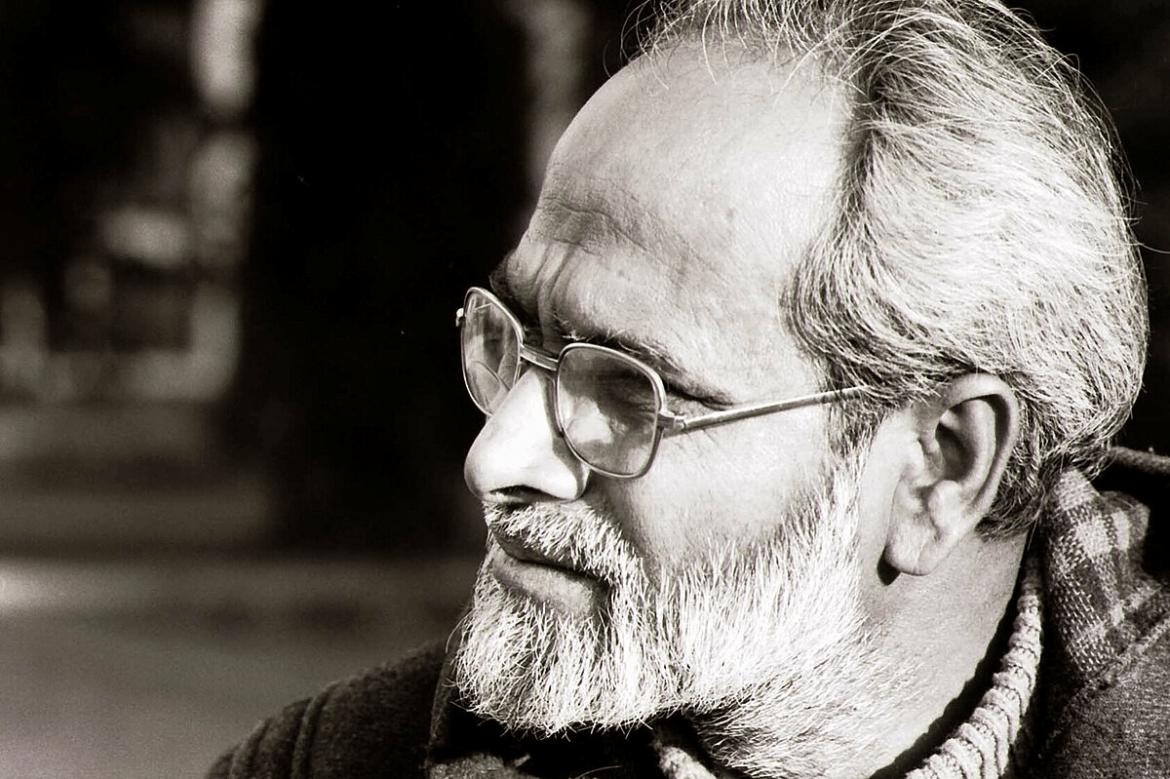AI Generated Summary
- Prem Parkash’s passing came as a profound shock to a literary world that had come to know him as much for his mesmerizing storytelling as for his piercing insights into a society in flux.
- The tale of a sensitive, well-intentioned young bride from a Hindu family, who finds herself trapped in an unbearable sequence of suffering when her brother-in-law’s terminal illness leads to an act of violation, was met with both acclaim and controversy.
- In it, he painted vibrant portraits of playful, wayward souls, setting the stage for a career marked by daring experimentation and a refusal to be boxed in by conventional ideologies.
Prem Parkash’s passing came as a profound shock to a literary world that had come to know him as much for his mesmerizing storytelling as for his piercing insights into a society in flux. Even in his later years, when age had left its unmistakable marks, his eyes still sparkled with a familiar glint and his voice carried that signature tone that had once captivated his audience. His departure, though seemingly inevitable in hindsight, left behind an irreplaceable void—a silence where vibrant narratives and revolutionary ideas once thrived.
Born into a family steeped in rigid customs and time-honored rituals, Prem Parkash was raised with an unwavering belief in the sanctity of tradition. Yet, even as a teenager, he found himself questioning the very foundation of these convictions. These early stirrings of doubt would later serve as the fertile ground from which his unique brand of storytelling blossomed. Rejecting the confines of political dogma, his creative journey took flight with his debut collection, Kachkare (The Half-baked). In it, he painted vibrant portraits of playful, wayward souls, setting the stage for a career marked by daring experimentation and a refusal to be boxed in by conventional ideologies.
His subsequent work, Namazi (Performer), cemented his reputation as a storyteller of considerable depth. Instead of isolating individual emotions or isolated events, Prem Parkash wove intricate networks of interconnected human experiences. In his narratives, the collective commonsense of everyday life emerged as a potent force, exposing the undercurrents of fear, coercion, and raw human emotion. His prose, steeped in insights reminiscent of Freudian observations yet uniquely his own, laid bare the unvarnished realities of human vulnerability and societal hypocrisy.
Amid the turbulence of his times—marked by the stirrings of the Punjab problem and the fraying of intercommunal bonds—Prem Parkash’s work assumed an even more incisive edge. In stories like Eh O Jasbir Nahin (He is Not That Jasbir), he explored the fissures running deep between communities. A tale of a Hindu man grappling with betrayal when a Sikh friend defends his own, the narrative revealed the complex interplay of faith, identity, and communal loyalty. In another memorable piece, Satwanti (Chaste Woman), he portrayed a Sikh woman, forced into silence by the terror of Delhi riots, who finds unexpected refuge with a Hindu family near the Punjab border. Through her poignant inquiry about the future of land, she symbolically questioned the very nature of communal infections that threatened to undermine the societal fabric.
Prem Parkash’s preoccupation with the institution of the family is evident in several of his works. In Gharr (Marital Home), he dissected the turbulent dynamics of an inter-religious marriage—a Hindu girl’s defiant love for a Sikh youth that spirals into bitter conflict and uncompromising segregation. The story’s unflinching portrayal of familial strife and the ensuing clash of values left its mark as one of his most striking narratives, a searing commentary on tradition versus personal desire.
Perhaps none of his stories elicited as visceral a reaction as Deadline. The tale of a sensitive, well-intentioned young bride from a Hindu family, who finds herself trapped in an unbearable sequence of suffering when her brother-in-law’s terminal illness leads to an act of violation, was met with both acclaim and controversy. The story resonated so powerfully that acclaimed actress Deepti Naval expressed a desire to translate it into film. Her interaction with Prem Parkash was brief but illuminating; her earnest question about why fate had denied her the chance to create life from such profound suffering left him momentarily speechless. It was a conversation that, in its quiet gravity, made him confront the necessity of a sound structural foundation for his sprawling narrative experiments.
In retrospect, Prem Parkash’s life and work embody the turbulent interplay between inherited tradition and the inexorable drive to question and reconstruct. His stories, sprawling across multiple volumes, challenged the accepted order and left readers with a lingering sense of disorientation—a deliberate, destabilizing push against the confines of habit, moral certainty, and ritualistic living. With his demise, the possibility of witnessing further evolution in his narrative art has passed into the realm of the absolute unreachable.
Though his pen now lies silent, the legacy of Prem Parkash endures—a testament to a writer who dared to dismantle the familiar, exposing the intricate, often uncomfortable truths of human existence. His life, much like his stories, continues to reverberate in the collective consciousness, inviting readers to reconsider the structures that define their own lives.




